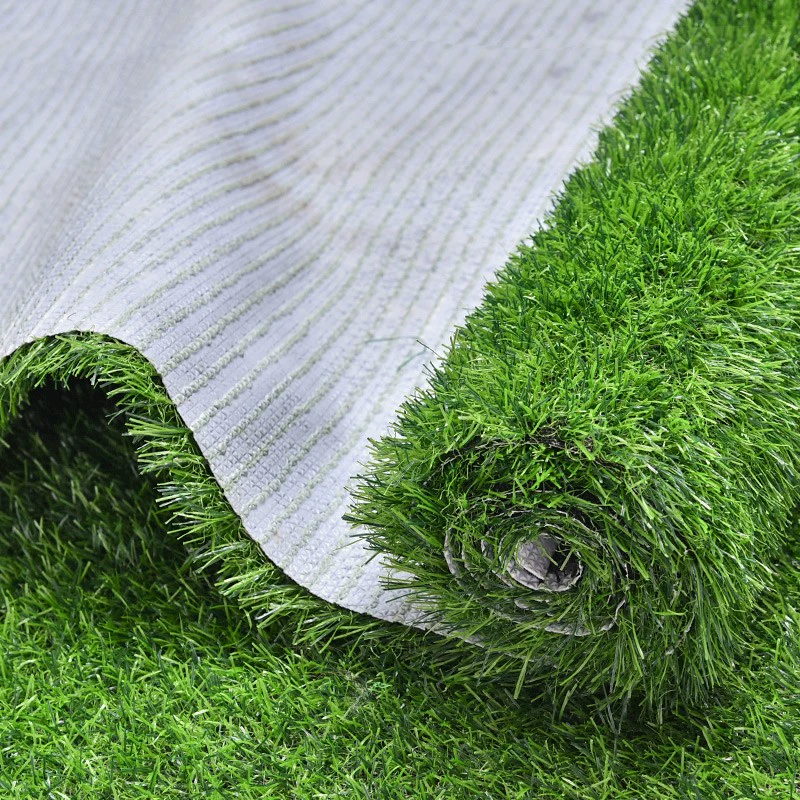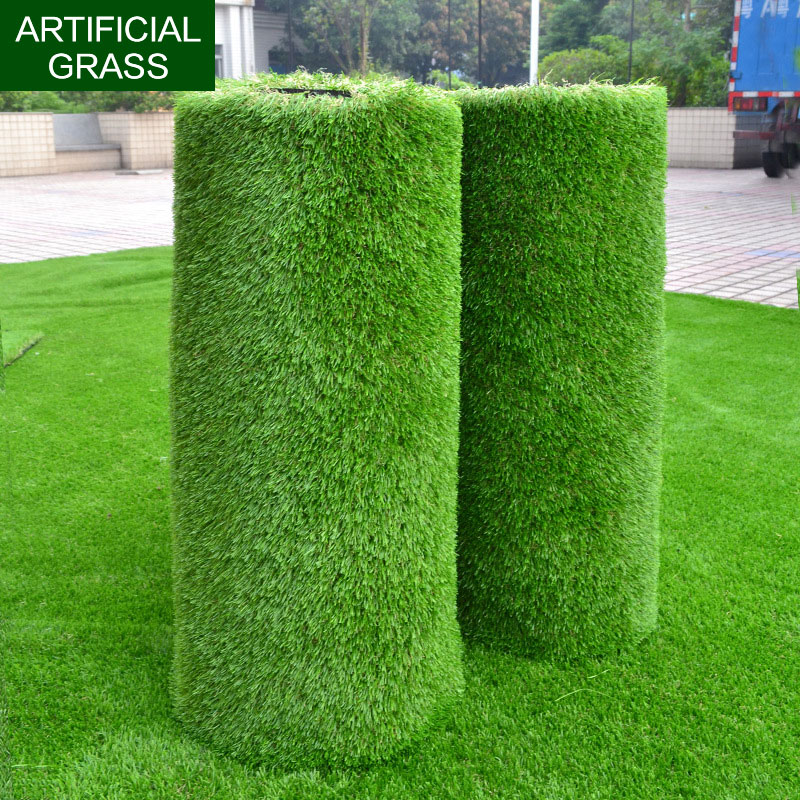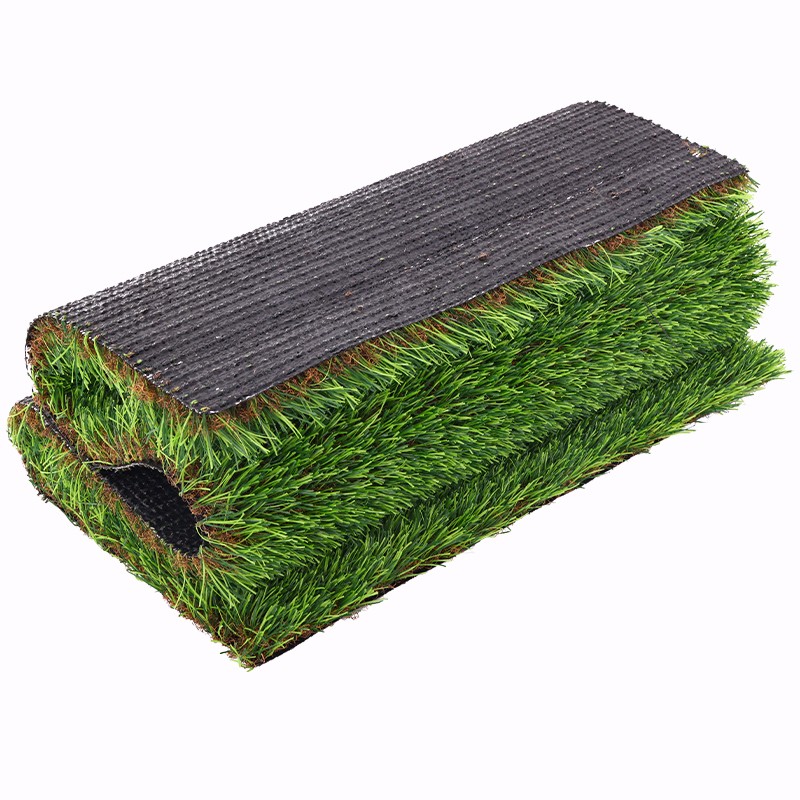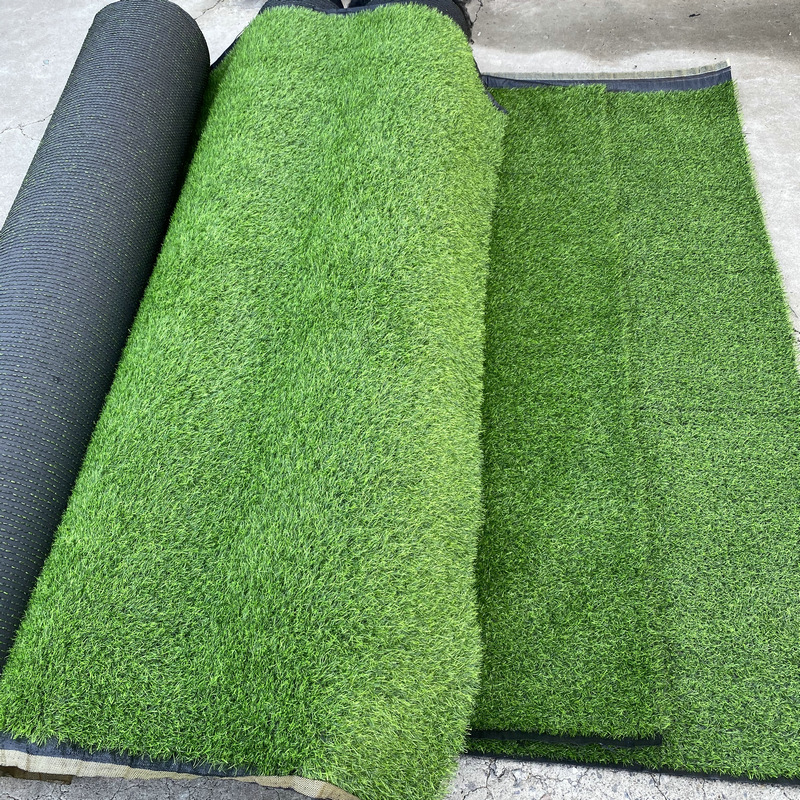
Artificial grass, also known as synthetic turf or fake grass, offers a variety of benefits for homeowners, businesses, and recreational areas. Here are some of the key advantages of using artificial grass:
1. Low Maintenance:
– Artificial grass requires minimal upkeep compared to natural grass. There’s no need for mowing, watering, fertilizing, or regular weeding.
2. Water Conservation:
– Artificial grass does not require watering, which can lead to significant water savings, especially in regions with water scarcity or drought restrictions.
3. Year-Round Greenery:
– Artificial grass maintains its lush green appearance throughout the year, regardless of weather conditions. It remains green even in hot, dry summers or during the winter months.
4. Durability:
– Synthetic turf is designed to withstand heavy foot traffic, making it ideal for high-use areas such as sports fields, playgrounds, and pet play areas.
5. Clean and Allergy-Friendly:
– Artificial grass does not produce pollen, making it a great choice for individuals with grass allergies. It also reduces the presence of mud, dirt, and allergens tracked into the house.
6. No Pesticides or Herbicides:
– Maintaining natural grass often involves the use of pesticides and herbicides. Artificial grass eliminates the need for these chemicals, promoting a safer and more environmentally friendly landscape.
7. Consistent Appearance:
– Synthetic turf offers a uniform and manicured appearance, avoiding issues like brown patches, uneven growth, or weeds commonly associated with natural grass.
8. Cost Savings:
– While the initial installation of artificial grass may have upfront costs, it can lead to long-term savings by reducing water bills, lawn maintenance expenses, and the need for lawn care equipment.
9. Versatility:
– Artificial grass can be used in various applications, including residential lawns, commercial landscaping, sports fields, golf putting greens, rooftop gardens, and more.
10. Eco-Friendly:
– Despite the use of plastic materials, artificial grass can be eco-friendly. Many manufacturers use recycled materials in their products, and the water savings associated with synthetic turf contribute to a lower carbon footprint.
11. No Mowing Noise and Air Pollution:
– The absence of lawnmowers and other lawn maintenance equipment reduces noise pollution and emissions, contributing to a quieter and cleaner environment.
12. Extended Use in Inclement Weather:
– Artificial grass can be used more effectively during and after heavy rains, as it does not turn into a muddy mess like natural grass can.
13. Pet-Friendly:
– Many artificial grass products are pet-friendly and designed to withstand the wear and tear of pet activities. They are easy to clean and resistant to pet waste.
14. Customization:
– Artificial grass can be customized to suit your landscaping needs, including the choice of grass type, color, and texture.
15. Longevity:
– High-quality artificial grass can last for 15 to 20 years or more, depending on the level of use and maintenance.
It’s important to note that while artificial grass offers numerous benefits, it may not be suitable for everyone or every situation. Factors such as initial installation costs, heat retention in hot climates, and personal preferences for the look and feel of natural grass should also be considered when deciding whether artificial grass is the right choice for a particular landscape.










